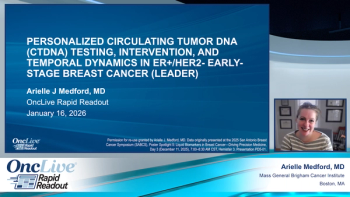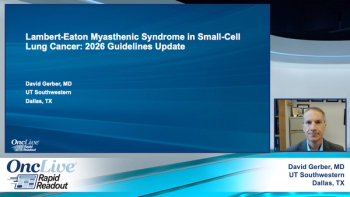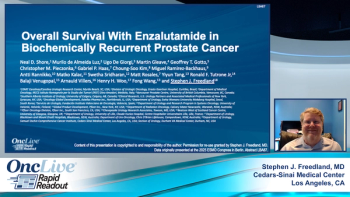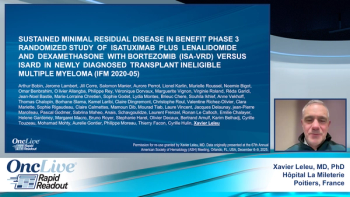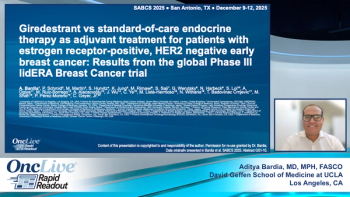
News|Videos|January 19, 2024
Treatment Strategies in Triple Class Refractory MM Patients
Author(s)Saad Usmani, MD, MBA, FACP, FASCO
An expert explores factors influencing the selection of treatment regimens in relapsed, triple class refractory multiple myeloma (MM) patients, with a focus on prophylactic measures for managing adverse events associated with novel agents like Selinexor, bispecific, and CAR-T therapies.
Advertisement
Advertisement
Latest CME
Advertisement
Advertisement
Trending on OncLive
1
Long-Term Cilta-Cel Data Show Low Rates of PFS Events in Standard-Risk R/R Myeloma
2
FDA Updates Axi-Cel Label to Remove Limitation of Use in R/R PCNSL
3
Real-World Data Support Clinical Benefit With Lifileucel in Previously Treated Advanced Melanoma
4
Single-Center, Retrospective Data Show Low Rate of Lifileucel Infusion Following Referral in Advanced Melanoma
5


